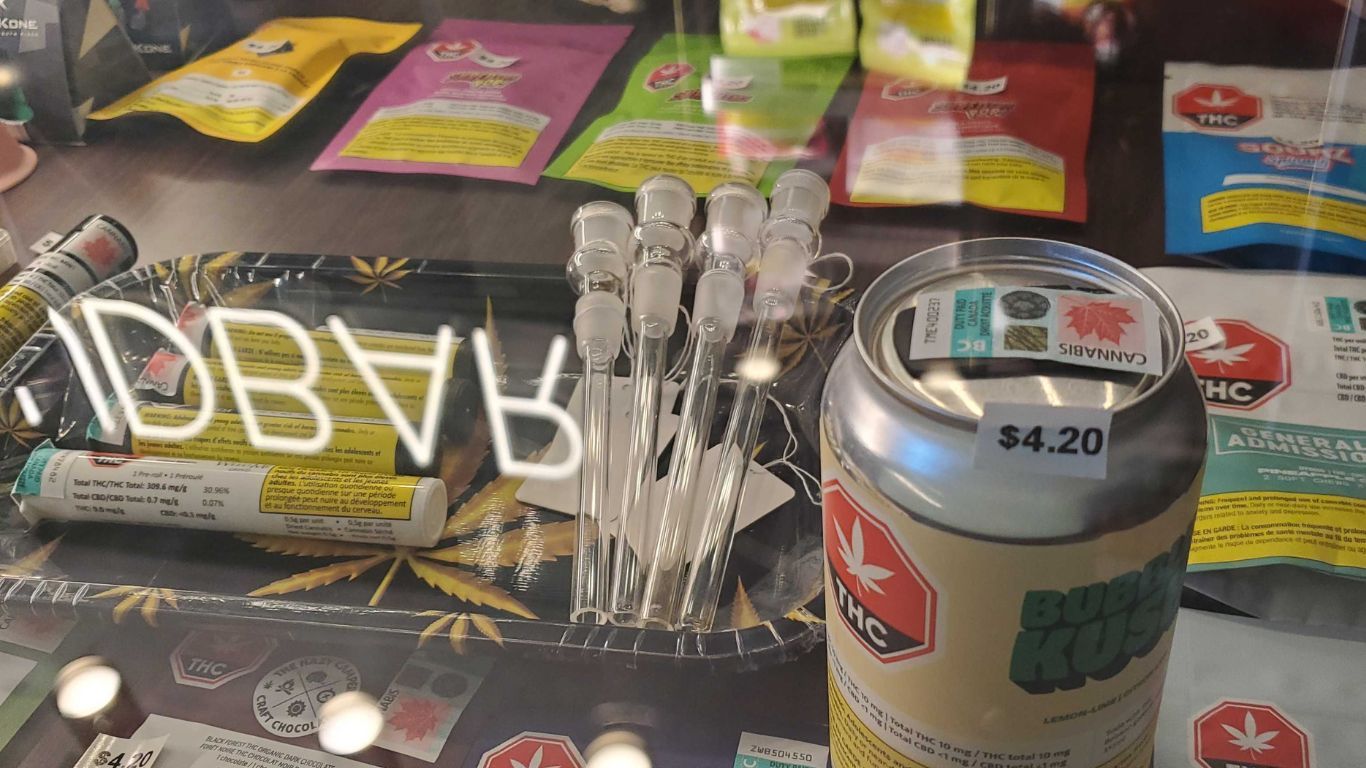
The BC government is providing funding to support the creation of a tool to monitor THC and CBD in commercial cannabis.
To the tune of $77,411, the funding comes from the provincial government’s BC Knowledge Development Fund (BCKDF), part of $2.5 million allocated to support infrastructure for 16 research projects at five universities in BC.
Thompson Rivers University in Kamloops is the recipient of the grant related to cannabis research for Capillary Electrophoresis for Characterization of Pharmacologically Relevant Compounds in the Cannabinoid Industry, led by researcher Kingsley Donkor.
StratCann spoke with Donkor about the project, which he says is about providing another tool for the industry to test levels of cannabinoids and terpenes. While the industry generally uses High Performance Liquid Chromatography (HPLC), Donkor says capillary electrophoresis offers some benefits, such as a high level of accuracy with smaller sample sizes than HPLC.
A recent announcement from the BC government explains the project will provide an analytical tool that regulatory agencies and cannabis companies can use to monitor the content constituents “in commercial and advanced cannabis formulations” using specialized Capillary Electrophoresis methods.
Shannon Wagner, Vice President of Research at Thompson Rivers University, says the goal of the research is to help create a better-regulated cannabis industry.
“Thompson Rivers University is proud to lead the way in cannabis research thanks to the support of provincial government funding,” says Wagner. “Our groundbreaking Capillary Electrophoresis project promises safer and more responsible cannabis use in B.C. by providing regulatory agencies and companies with precise tools to monitor cannabinoid content. Together, we’re shaping a safer and more informed cannabis industry.”
Federal and provincial governments have been looking more into the issue of cannabis testing, especially with concerns about the accuracy of product labels in the legal and illegal markets.
Several provinces have released testing results of illicit products shared via law enforcement actions, and more recently, provincial governments have begun looking at the THC testing of legal, off-the-shelf products.
In 2022, Ontario shared a study that showed illicit edibles have significantly less THC than advertised and high levels of pesticides. New Brunswick and British Columbia have also released similar testing results from unregulated products.











